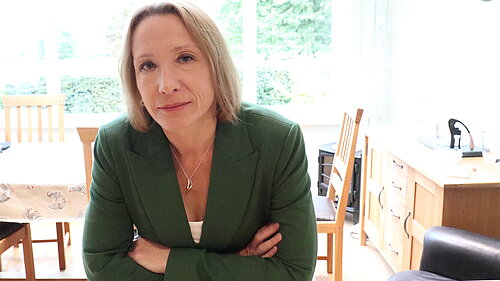Helen's vote on Assisted Dying

Today I voted to give the Terminally Ill Adults (End of Life) Bill a Second Reading. I have followed the national debate closely and watched much of today’s debate in Parliament, which ended up passing with 330 votes in favour and 275 votes against.
You can read my full letter explaining my vote here
This means that the Bill will go to committee stage where MPs can table amendments, before facing further scrutiny and votes in the Commons and Lords. Any change in the law will not be agreed until next year at the earliest, and during the process the Government would need to publish an impact assessment on carrying out the change.
It has not been an easy decision for any MP, however they voted earlier today. I have been inclined to support some form of assisted dying, with the caveats that robust safeguards must be in place to protect the vulnerable from coercion, and that good palliative care must be available, so that choice of death for each individual is a genuine one. This view is one that has been informed by the experience of family and friends as loved ones reached the end of their lives.
Having been confronted with the realities of a piece of legislation, I have been required to challenge those views, and genuinely consider whether these tests have been met. I have read a large number of expert briefings, including the impartial briefing prepared by the House of Commons Library, and talked to colleagues holding a range of views on the issue.
I have endeavoured to reply to everyone who has contacted me about this Bill and the wider topic with a detailed letter or email. I apologise for not having been able to personally discuss every detail with all who wrote in, but I received around 800 pieces of correspondence on the matter. You can read my full letter explaining why I voted for the Bill.
Thank you again to everyone who has been in touch to share their view. Parliament – and indeed our democracy – is at its best at times when we can debate important topics amicably. This topic and the ongoing debate surrounding it has been a good example of that principle in action.